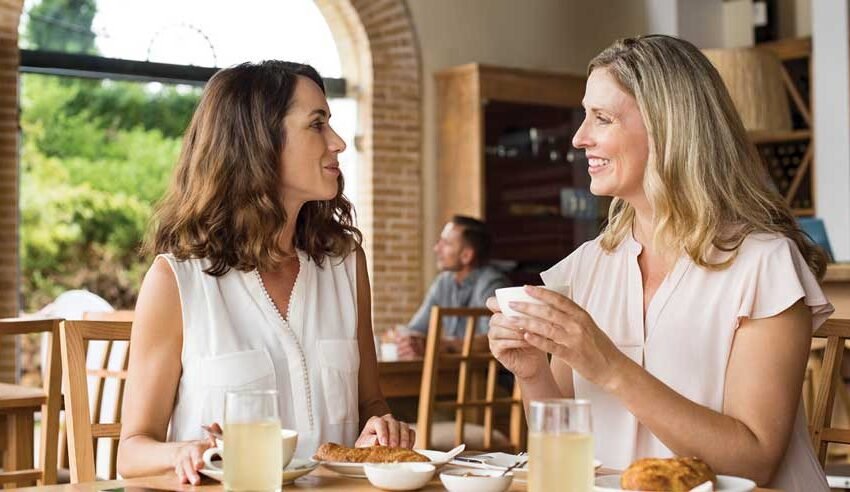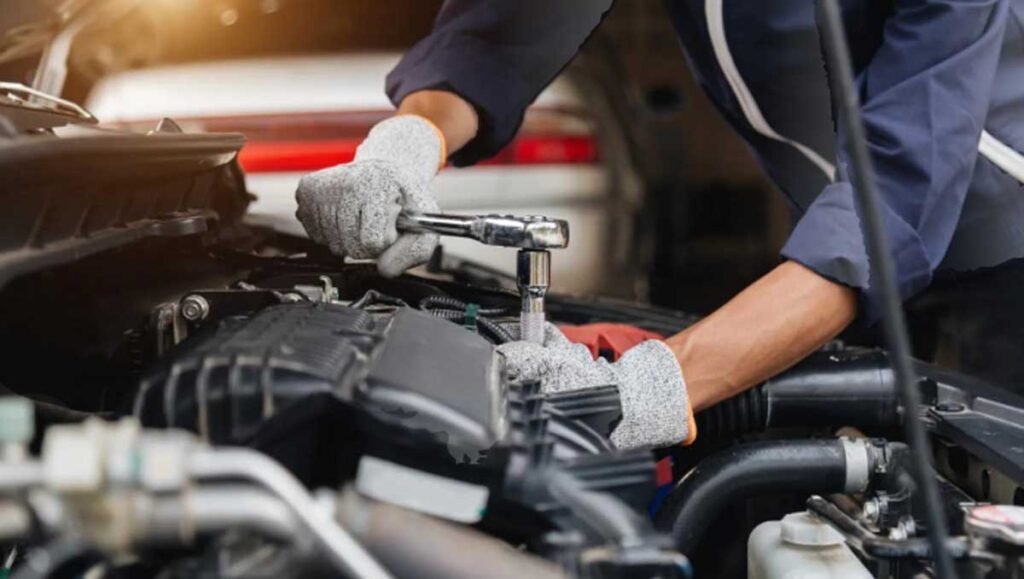Escaping the Bubble: How Your Social Circle Can Make or Break Recovery

There’s a reason recovery programs talk so much about people, places, and things. It’s not just some recovery slogan—your environment really does matter. When you’re trying to break free from addiction, your social world isn’t just background noise. It’s either working for you or pulling you back in.
For a lot of people, recovery isn’t just about detox or staying away from a substance. It’s about learning to live differently, in a way that isn’t wired around old habits, old cues, and yes, old friends. That doesn’t mean you have to cut everyone off and live in a cave, but it does mean taking a hard look at what—and who—you’re surrounding yourself with.
Comfort Can Be the Enemy of Change
Addiction thrives in predictability. The bar you always go to. The friend who always brings the weed. The cousin who never seems to have a sober moment but always has a couch to crash on. These things are familiar, and when you’re trying to break free from a substance that gives you comfort in chaos, the temptation to stick close to your old routine can feel overwhelming.
But here’s the catch: comfort isn’t always safe. Familiar doesn’t mean supportive. Sometimes, what looks like loyalty is just shared dysfunction. A friend you used to use with may genuinely love you—but still sabotage you because your recovery makes them feel exposed. Or maybe they just don’t believe it’s possible to change, and they’d rather you not prove them wrong.
You’re not weak for being affected by the people around you. That’s just human nature. If you’re around people who drink every night, you’re more likely to drink. If you’re around people who talk about growth and healing, you start thinking about growth and healing. Even if you swear you’re your own person, it seeps in. That’s how the brain works—mirror neurons, shared routines, subtle cues. It’s all part of the mix.
Some Circles Are Actually Cages
Let’s say you’re in one of the worst drug areas in West Virginia, D.C. or anywhere in between. You’ve lived there your whole life. Your friends are there, your family’s there, your job is somewhere nearby—or maybe not, but your life is anchored. The thought of leaving feels impossible.
But if every time you step outside you see someone dealing, or using, or just standing there like a walking reminder of what you’re trying to forget, you’re not just dealing with your cravings. You’re constantly getting re-triggered. People don’t talk enough about that kind of environmental pressure.
Addiction isn’t just about the substance. It’s about the cues that trigger the brain to start obsessing again. That familiar corner store. That smell. That time of day when you always used to text your dealer. If your social circle keeps you trapped in that loop—intentionally or not—it becomes nearly impossible to build something new.
It’s not about blaming the people around you. A lot of them are just surviving too. But there’s a difference between surviving and healing. If your circle is keeping you in survival mode, it may be time to step back, even if it hurts. You don’t owe anyone your relapse.
New Connections Start With One Brave Step
You don’t need a picture-perfect support group full of inspirational speakers and green smoothies. You just need people who care about seeing you well. Sometimes that’s found in places you’d least expect: the guy in your IOP group who listens more than he talks. The aunt you haven’t called in years who always told you that you deserved better. A new coworker who doesn’t drink and doesn’t care that you don’t either.
If geography makes it hard to change your circle right away, there are digital options too. Online support groups aren’t some second-rate substitute—they can be a lifeline. Many people actually open up more when they’re not in a room full of strangers, which makes virtual addiction treatment a surprisingly powerful tool. It gives you a chance to be real without the added pressure of trying to look like you’ve got it all together.
Making new connections as an adult is hard even without the recovery piece. It’s awkward. It takes time. But every single sober friend you make, every honest conversation you have that isn’t tied to using, is another brick in the foundation of a different life. You don’t need a full tribe overnight. You just need one healthy connection to start shifting the weight.
Boundaries Aren’t a Punishment
One of the hardest parts of recovery is telling people no. Not because you’re weak, but because you care. You care about how they’ll take it, what they’ll think, how awkward things will get. But boundaries are a form of care, too, just not the kind everyone claps for.
You can love someone and still not be able to be around them. You can miss someone and still not go back. That doesn’t make you cold or disloyal. It means you’re serious about healing.
It’s okay to mute a group chat. It’s okay to skip a party. It’s okay to tell your friend, “I can’t be around when you’re high.” If they respect you, they’ll hear you. If they don’t, well, that tells you something too.
And if you mess up and cross your own boundaries sometimes, welcome to being human. It’s not about being perfect. It’s about learning from those moments and adjusting your path without shaming yourself into a hole.
Healing Isn’t Just About Who You Leave, It’s About Who You Let In
Letting go of old social patterns is hard, but the other side of that is making space for something better. That might look like deeper family connections, old friendships rekindled in new ways, or fresh connections you never expected to matter.
People in recovery often say they start to feel again, sometimes too much at first. That’s part of it. When you’re not numbing out anymore, your nervous system starts picking up on all the good stuff again too. Music hits harder. Conversations matter more. A five-minute coffee chat can turn into something meaningful.
The people you meet during recovery, at a support group, in therapy, online, or through a new job, often end up feeling like family. And not the kind of family you survive, but the kind you choose. When you share a road that is raw, the bonds hit differently. They’re not about the high. They’re about the hard-earned joy of staying upright together.
Staying Grounded
Not every friend will come with you into your next chapter. That’s okay. Some people are meant to be part of your past, not your future. But you’re not walking away from people, you’re walking toward the life you actually want.
It’s not easy to outgrow your old circle. It can feel lonely, messy, even unfair. But when you start to build a new one, one based on truth, care, and shared healing—you’ll start to see what was always possible underneath the chaos.
Recovery isn’t just about quitting. It’s about choosing what (and who) stays in your life. And that choice is yours.





